Checking out Rentes Plants’s new eco-friendly pots
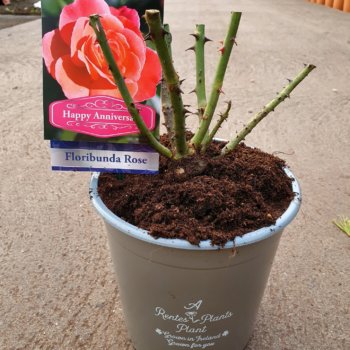
Rentes Plants has updated their plant pots to offer their end-users a more eco-friendly solution. We sit down with Roy Rentes of Rentes Plants to understand the drive behind this change and the changes he sees taking place in the industry.
4 December 2019
In this environmentally conscious world, we sat down with Rentes Plants to discuss their new and improved plant pots.
The new plant pots are fully recyclable and are made from recycled materials. Rentes Plants’s pots have always been recyclable, but challenges can arise when recycling centres’ optical scanners detects carbon rich black plastic and groups the plant pots with other non-recyclable waste.
To combat this, the team at Rentes Plants have opted to use very minimal amounts of black plastic, so that when an end user recycles their plant pot, it will be recycled as it should be.
We spoke with Roy Rentes, marketing manager at Rentes Plants, to understand the pots a little better, and to understand the changes he sees happening within the industry.
Q. Explain the environmental benefits of your new plant pots
Our new pots are reduced carbon. By that I mean black as a colour is carbon rich, and our old pots had a black inner lining, while the new pot colours we have chosen use very minimal amounts of black plastic in the manufacturing process.
Q. Why did you make the decision to go reduced carbon with your pots?
The biggest push for us to launch our new pot range was to enable household recycling of our plant pots. Our pots in the past have always been recyclable, however, waste processing centres in Ireland use optical scanners that reject all black plastic for it’s high carbon content which is categorised together with non-recyclable carbon rich organic waste.
Our new pots make sure that when our end users put our pots into their household recycling bins, it will actually be recycled as intended. In an ideal world, recycling plants would accurately categorise what’s recyclable or not. However, while the recycling plants catch up, the onus is on growers to find a way around this shortcoming in the meantime.
Q. Are you seeing an increase in demand from industry for more eco-friendly materials?
Absolutely. This ranges from our pots, to the picture labels (which are also recyclable by the way), to what we do with compost/plant waste, and finally what to do about peat and the need to conserve our peatlands.
On the green waste front, all our green material goes to Bord na Móna for composting and reuse in household grow bags, mulch, etc. For peat, we are always running trials with coconut fiber, potato flakes, wood chip, etc.
It takes time and plenty of trial and error to figure out what plant varieties like what substitute, at what ratios, water retention, fertiliser movement, etc. As time goes on it will become absolutely necessary for growers to reduce, or even eliminate, peat in their potting mixes – better to find this information sooner rather than later.
Q. Is there a significant cost in the use of recyclable materials or is it an affordable business practice?
By and large, using alternative colours in pots incurs a cost. Red in particular is expensive for example, given the cost of creating the colour. As we typically deal with larger pot sizes than most of our competitors, the increased pot cost as a proportion of the total cost of producing the plant is relatively minor.
This is because our plants stay in the pots longer, and the ratio of plastic to peat/plant is smaller the larger the plant is. I cannot speak for growers producing smaller pot sizes, but I imagine it would affect them more than us.
Q. Do you see this as the future in terms of plant packaging materials
Yes. There is no future that I can see where we don’t see the back of black/black lined pots. I would also like to see pots that are bio-degradable that can survive the 6-9 months we would need for our product, but that looks to be some time off coming. Hopefully not too long.
Rentes Plants have announced their Spring Fair taking place February 10-11 where you can see the new pots in person.



 Print
Print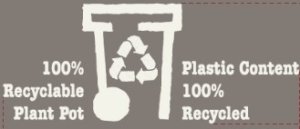
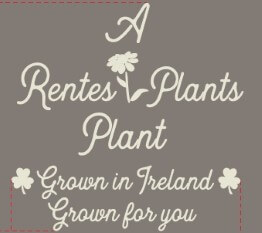
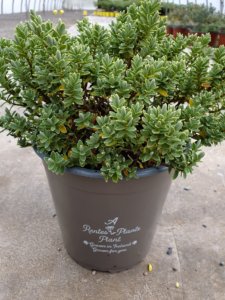


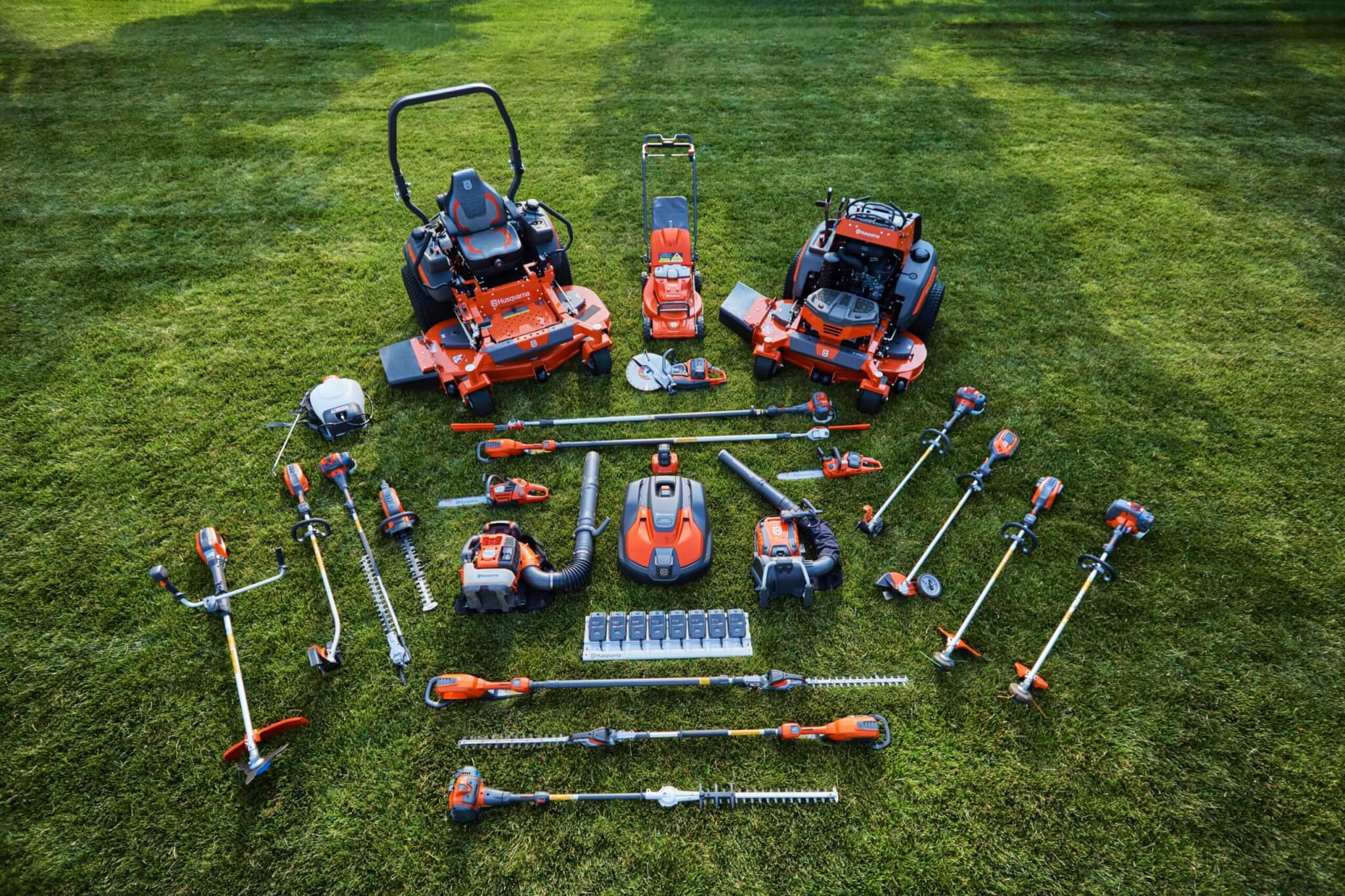



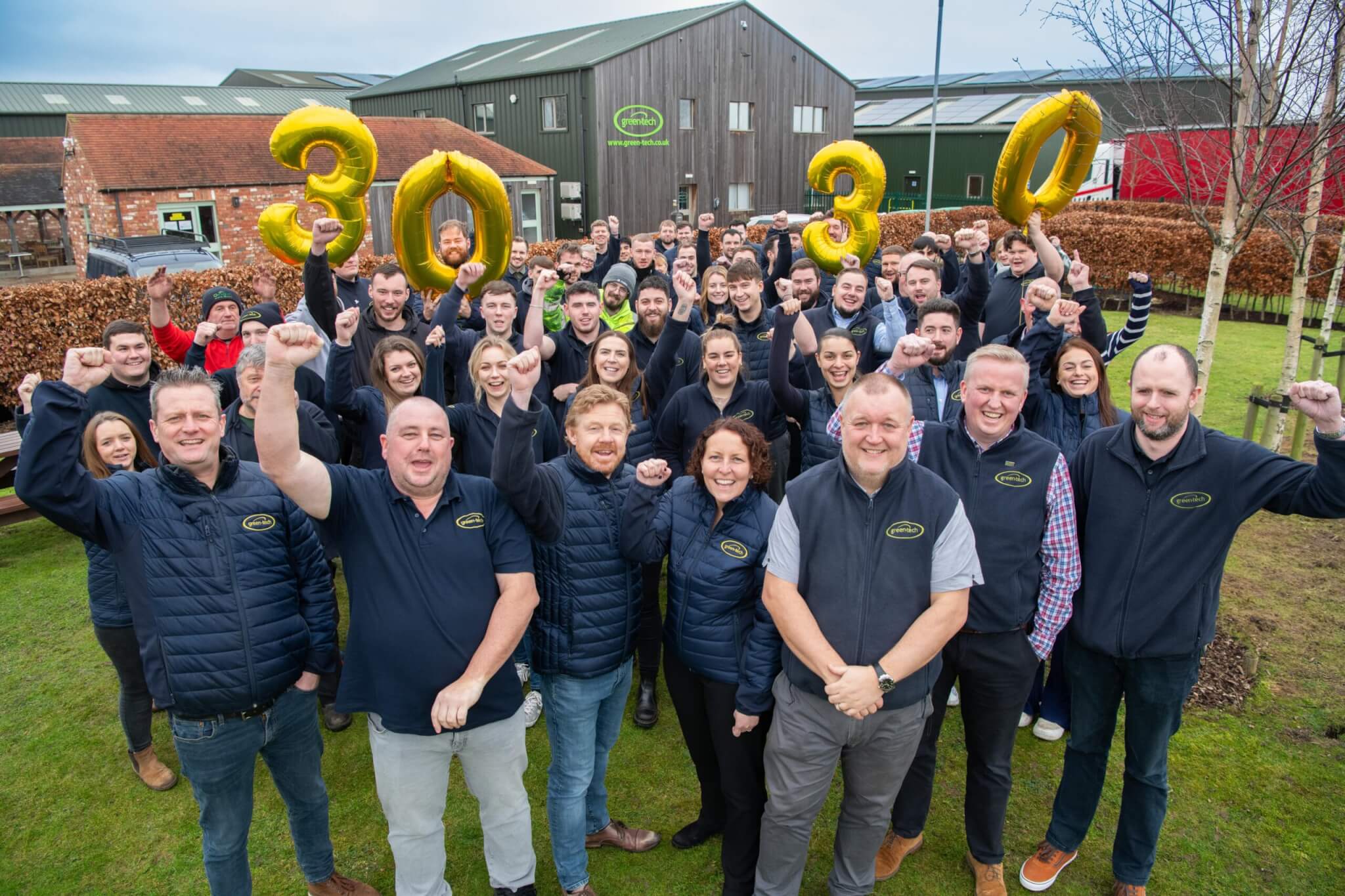
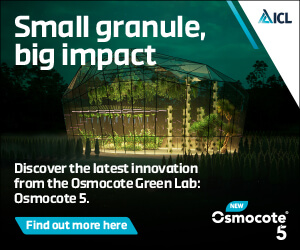

Fans 0
Followers